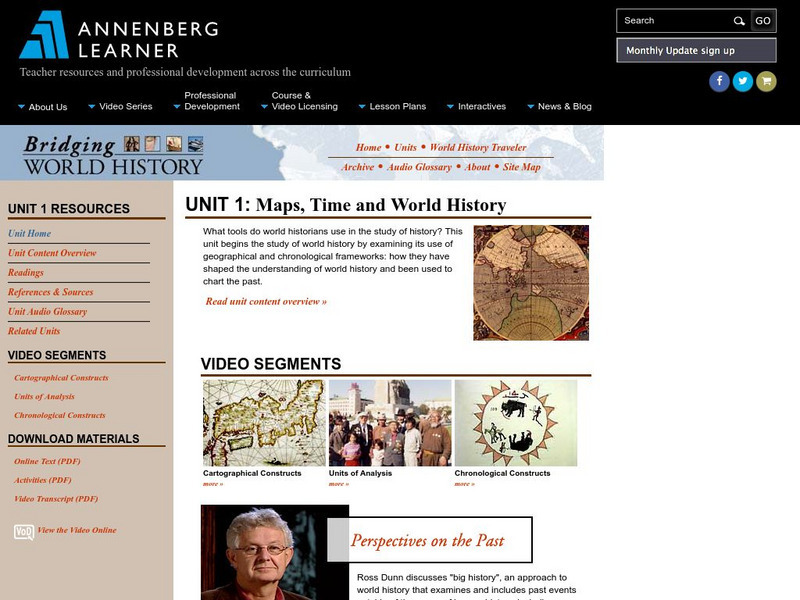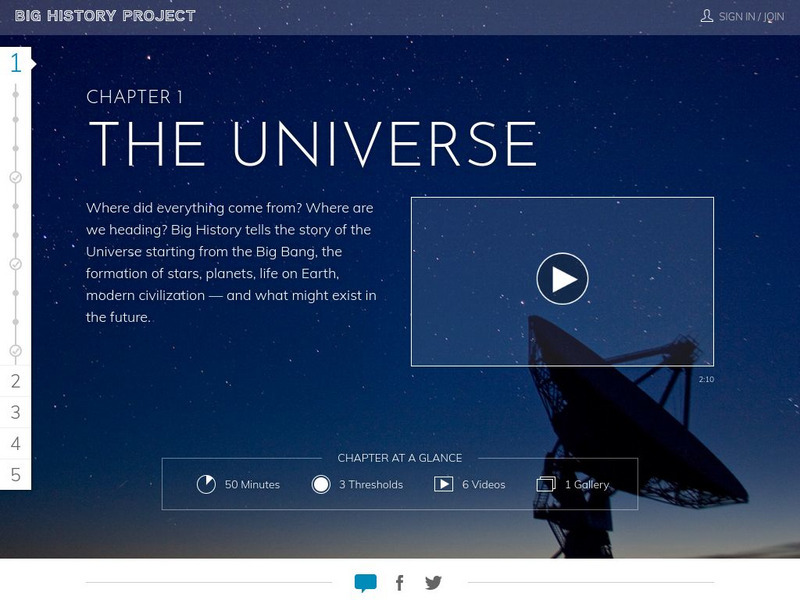Curated OER
The Great Gatsby: Primary Sources from the Roaring Twenties
High schoolers research the Roaring Twenties. In this 1920's America lesson, students analyze primary sources to develop an understanding of lifestyles and values of the era as they read F. Scott Fitzgerald's The Great Gatsby.
Curated OER
Explosive Knowledge
Students examine China's suspected theft of American nuclear secrets, as a springboard for the creation of a research-based, multi-tiered timeline that traces the development, regulation, and use of nuclear weapons from the 1940's to today.
Curated OER
Bringing Peace to the Balkans, Piece by Piece
Students examine how the bond of traditions became the binding force of nationalism for which the Serbian forces now fight at the cost of the lives and livelihoods of ethnic Albanians. explore human rights issues surrounding the conflict...
Curated OER
WHO WE ARE
Students work with Elders or a knowledgeable adult/expert to learn details of their culture which may include the language, dance, songs, art, and stories and create a play or poem which reflects aspects of their culture.
Curated OER
Skyscrapers: Engineering Up!
Students build their own newspaper skyscrapers with limited materials and time. They identify several different structural engineering principles relating to skyscrapers. They explain how their towers resisted the wind load.
Curated OER
Primary Sources in the Classroom: A Gold Rush Perspective
Students develop and hone their historical inquiry and analytical abilities. They draw up a list of 20 essential items they would have to bring to survive one year as a Gold Rush stampeder.
Curated OER
French and Indian War
Eleventh graders examine why major tribes were involved in the French and Indian War. They write a short paragraph about the causes and answer an essay question based on text and Internet research, citing sources. They research text...
Curated OER
The Trail of Tears; Its Grief and Loss
Fifth graders trace the development and expansion of the US while studying the Trail of Tears. They examine the political factors and analyze the impact the Indian Removal Act had upon a society. They present a case for or against the...
Curated OER
Country Cookbook
Students, in groups, create menus for five traditional meals from a country of their choice. They create a cookbook that includes all the recipes and describes when the traditional dish would be served.
Curated OER
Me: A Visual Essay
Students familiarize themselves with photo editing and montage techniques. They create a montage that tells the viewer about themselves.
Curated OER
Natural Born Robots: Body Builders
Students perform activities to explore how their arm works and what muscles are involved. They view animated comparisons of human and robotic arms. Students create a model of the human arm.
Curated OER
Travel Through Time with a Family Member
Learners interview a family member. In this interviewing lesson, students choose a family member to interview and write about. Learners create a PowerPoint about the person including a timeline, photographs, and a narrative about their...
Curated OER
Flight Dreams: Birds Flew First
Learners observe how bird flight and machine flight are similar. In this aerodynamics lesson, students observe how birds fly and the shapes of their wings, and investigate how observing birds helped develop the concept of machine flight....
Curated OER
Peace and Perspective through Poetry: The Dream of Peace in the Middle East
Middle schoolers use poetry to understand conflict in the Middle East. In this poetry lesson, students read persona poems and use the poetry and a novel as mentor text to guide their own poem about peace in the Middle East.
Curated OER
Earth Day Lessons With The Right Stuff
Earth Day lessons provide a great way to teach students about the significance of the event, and how they can make a difference.
Curated OER
The New Space Race
The race to explore space is on and students can learn about the latest developments with these activities and lessons.
Curated OER
Digging Into Science Lesson Plans
In this biology learning exercise, students identify and write the various species that are still present today. Then they define evolution using three words. Students also describe what a fossil is and give some examples related to a...
Annenberg Foundation
Annenberg Learner: Bridging World History: Maps, Time, and World History
Learn how map projections and chronological constructs are used in the study of world history and help us to understand and interpret the past. Part of a larger site on world history, this unit on maps offers complete reading,...
Other
International World History Project: Hammurabi Code of Laws
An English translation of the Code of Hammurabi.
Other
World History Project: Cuneiform
Read a brief history of cuneiform, the most widely used and historically significant writing system of the ancient Middle East. Also learn about how cuneiform spread from one ancient culture to another.
Other
Big History Project: Chapter 5: The Modern Revolution and the Future
Big History Project, Chapter 5, picks up after the development of agriculture and the rise of cities and powerful civilizations and looks at industrialization, transportation and modern global interactions of today and asks, "what next?".
University of California
University of California, Davis: The History Project
The History Project is a growing collection of lesson plans, teaching tools, digitized images, and documents for the teaching of history. Includes assignments for having students apply analytical skills to primary sources.
Other
Big History Project: Chapter 1: The Universe
Chapter 1 of Big History Project, learning module introduces history from the origins of the Universe. Site contains adaptable classroom material geared toward middle and high school students, including informational text, engaging...
University of Texas at Austin
Voces Oral History Project: u.s. Latinos and Latinas and World War Ii
Find personal narratives from Hispanic Americans that served in World War II. Many faced harrowing experiences in war only to be discriminated against upon returning home.




















